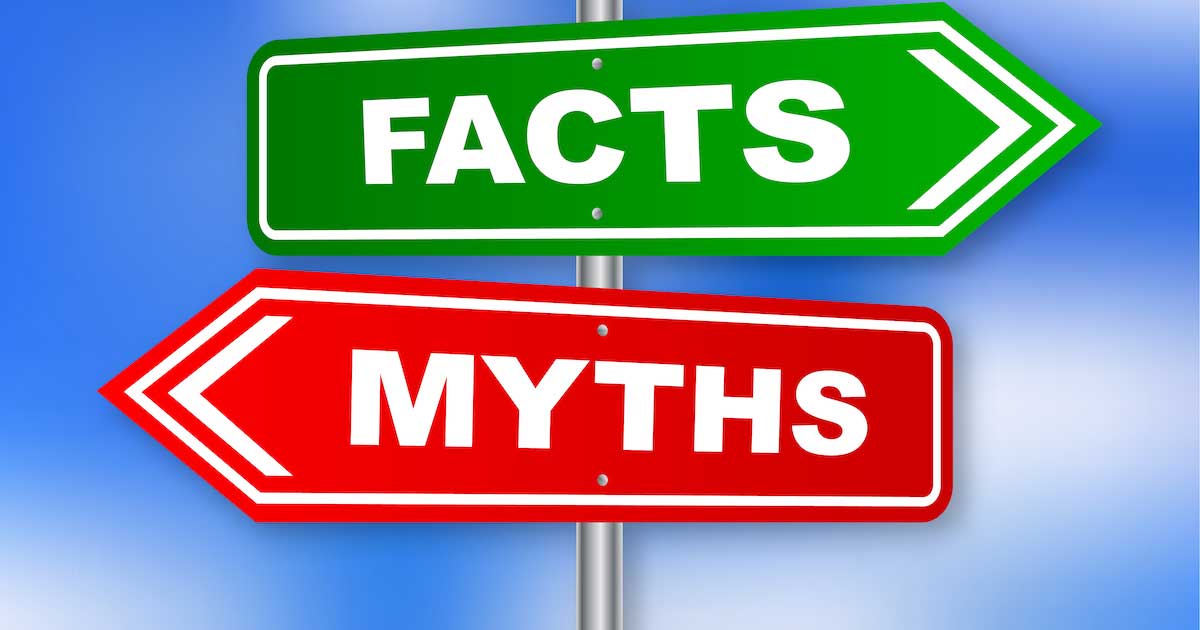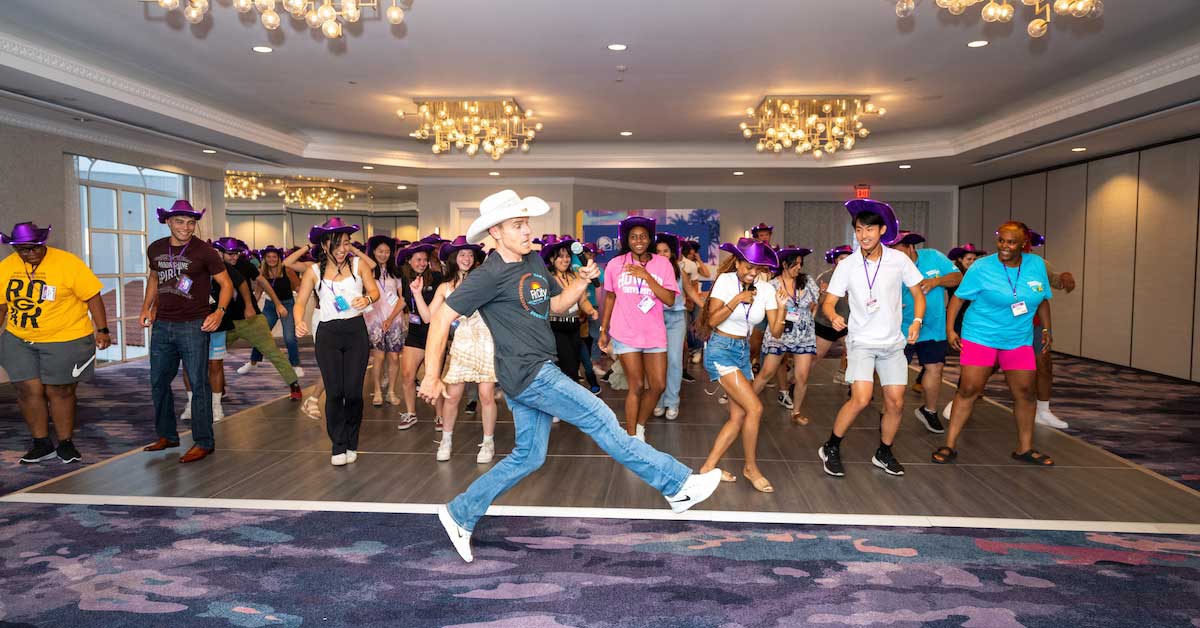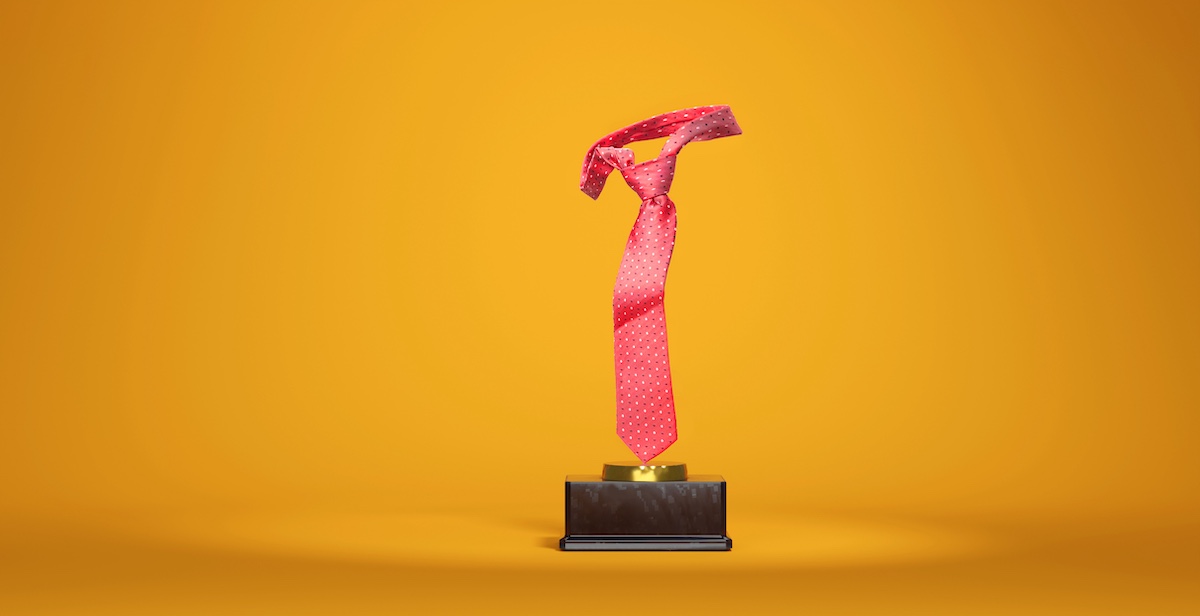Jen Coken, a keynote speaker at IMEX America (Oct. 11-13 in Las Vegas), discusses key tools for event professionals, clarity in communication and embracing imposter syndrome.
Read our profile on Jen Coken and learn more about IMEX America.

What tools do you think event professionals need today to move forward with confidence, simplicity and clear thinking?
A TON of patience right now, because even though things seem to be opening up, there are so many moving balls in the air (10-fold for event planners, IMO!); it can be really frustrating.
Also, the ability to quickly separate fact from fiction. I was coaching a client who happens to own a couple of restaurants. He can’t get turkey or buttermilk because of supply-chain issues. He was frustrated. His staff was frustrated. He said he was having a hard time accepting the fact that he couldn’t find either item. You can’t argue with the facts. The facts don’t care that you don’t like them, or that you wish things were different. The facts don’t change. The sooner you can accept the facts and separate the facts from the range of emotions everyone is going through, whether due to supply chain demand issues or events being rescheduled and canceled or the numbers of attendees being uncertain, the more power you will have. Keep asking yourself, “What is fact and what is fiction?”
Why is clarity of communication so important in helping people advocate for themselves?
Clarity is kindness. Period. When we are clear about what we want, need, can do, can’t do, etc., it gives others a better idea of how to help us or manage around us. AND we are better able to reach our own goals and get our needs met.
How does embracing imposter syndrome help you design your future self?
Embracing imposter syndrome is the simple idea of embracing the idea that the thoughts/feelings of inadequacy you are experiencing are just that, only thoughts and feelings (or even body sensations). Your thoughts don’t define you, nor are they a good predictor of [what] is possible in the future or who you might be in the future. Your thoughts are just that, thoughts. When we begin to master identifying our thoughts as thoughts and embracing the notion that they do not define us, then whole new futures open up as real possibilities, and we begin taking actions consistent with what is possible rather than what we think is predictable.
Which principles of telling a good joke can be applied in business?
I don’t think this is the same for all comedians, but I have a rule: If I wouldn’t say it in front of my grandmother, I won’t use that joke on stage. Same in a business situation. I have a couple of rules for my own jokes. Be honest. Be authentic (use my own life as an example of what a total dork I can be!) and be clever. It is incredibly important to have more humor in the workplace. A recent Gallup study found that we laugh far less on weekdays than we do on the weekends.
Can you tell us about a time you’ve failed to communicate with clarity—with hilarious results?
I used to have some pretty major social anxiety, which is horrible for a stand-up comedian, speaker and trainer. I would get sweaty armpits when I entered any networking event or any room where I would be the center of attention, so I started to experiment with different kinds of questions I could ask people that would put both of us at ease.
One question is simply, “What’s been the best part of your day so far?” The other one is, “How can I contribute to your success?” I started trying these out within my friend group when I hadn’t seen someone for a while. I was standing in a kitchen with my buddy, Mark, and asked him the second question and he was stymied, so he turned it around on me and asked me the same thing.
Well, I hadn’t given a thought about answering the question for myself, so I had no good answer. I didn’t want to seem like a total jerk so I blurted out (nearly screaming), I’M HAVING A HOT FLASH RIGHT NOW SO A CUP OF ICE WATER WOULD BE REALLY GREAT THANKS!”
My friend Mark turned beet red and got me the cup of water without a word. I gulped it down without looking at him and finally turned to look at him and broke into a grin. We both started laughing hysterically until tears were running down our faces. I had to come clean about my experiment. Note to self: “Have an answer to the questions you are asking others!”







